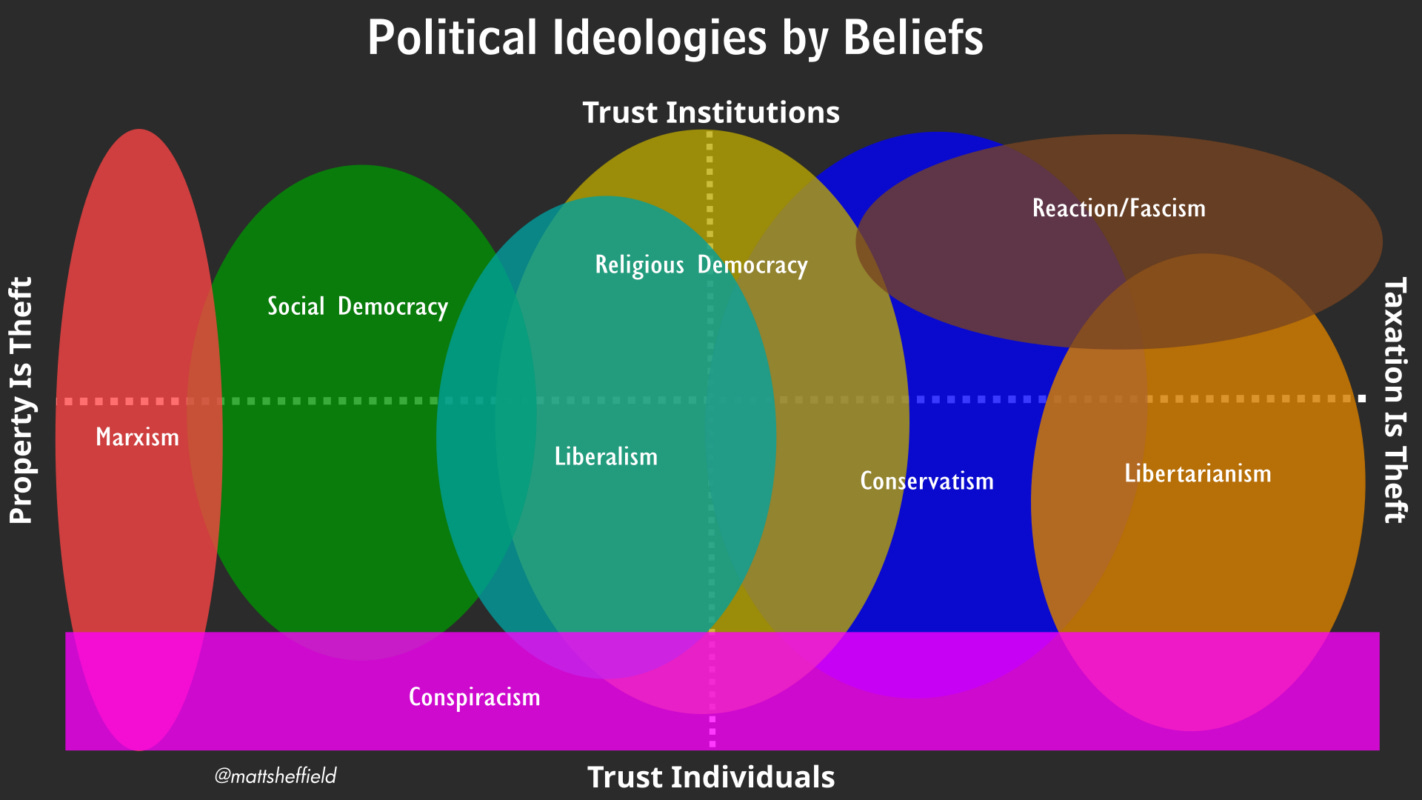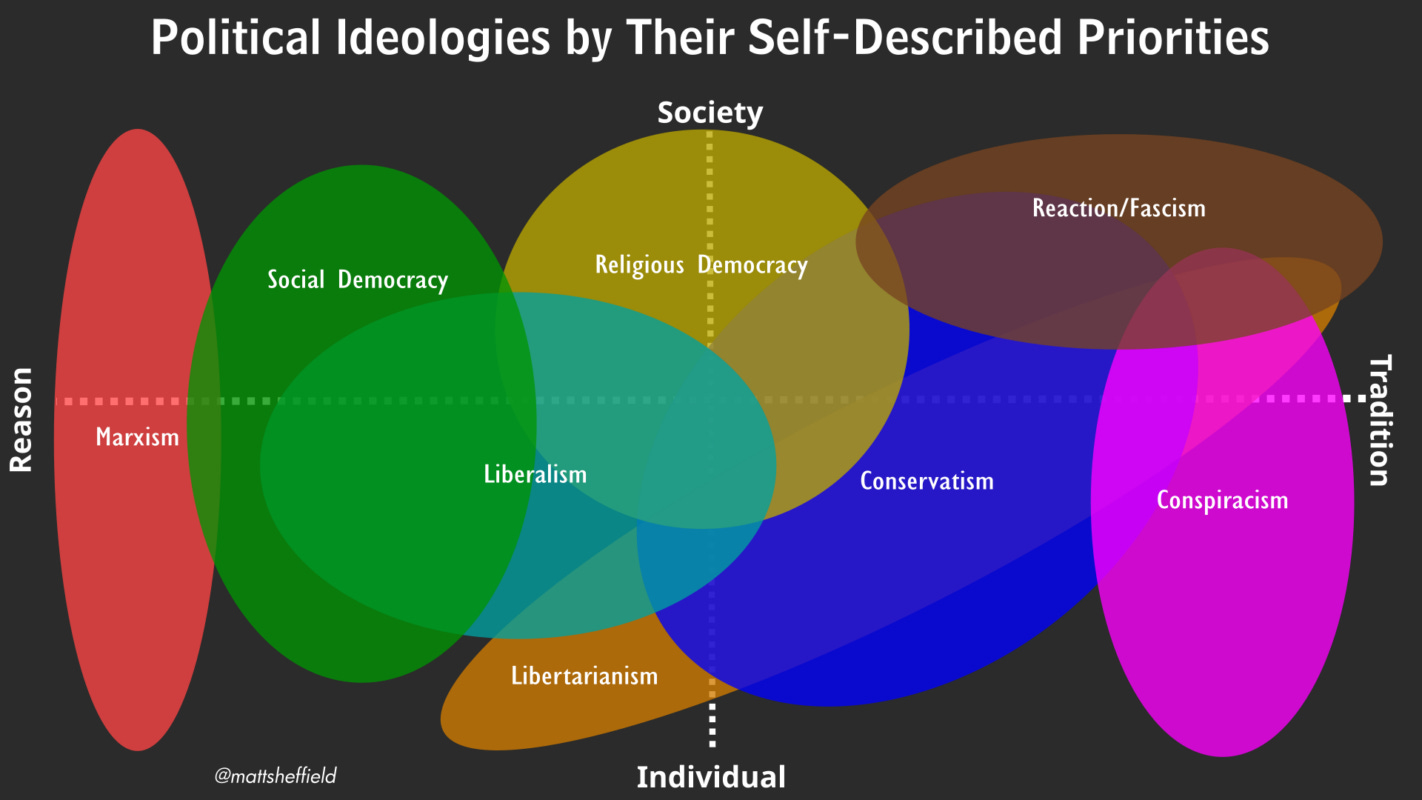![[Article Image] [Article Image]](https://substackcdn.com/image/fetch/$s_!-V85!,w_1456,c_limit,f_auto,q_auto:good,fl_progressive:steep/https%3A%2F%2Fsubstack-post-media.s3.amazonaws.com%2Fpublic%2Fimages%2Fb504c02e-5ee9-4f07-8c0d-16bbcdb5909f_1200x800.jpeg)
Episode Summary
Since the widespread acceptance of the scientific method emerged in the 19th century, most people like to think of their ideas as based on sound reasoning and rational principles. But it’s also the case that many of us also want to believe that there are things that people in olden times figured out. Depending on whom you ask, ancient people had the answers about what a moral life looks like, how to avoid stress, or even how to cure diseases and illnesses.
In some cases, old ideas have merit and are worth considering, but in many cases, they are simply old ideas. The age of a concept should have no bearing on its truthfulness. But that’s not a concept that some of us are willing to consider.
Where people think about science in their own life, and how they want society to be structured with regard to it, is in fact one of the core questions of this political moment in this country and around the world, how do we deal with people who refuse to believe in science? And is it possible to go too far in that regard as well?
How those questions are resolved are kind of mixing and mashing political ideologies on both the left and the right. And we’re especially seeing that in the person of Marianne Williamson, who is basically a yoga self help guru who is now running for the presidential nomination in the Democratic Party for the second time and has a lot of very strange and bizarre ideas.
But is she a leftist? It’s a question worth considering. And so joining me today to talk about that, among many other things in this regard, is Matthew Remski.
He is the co host of the Conspirituality podcast and also is the co author of a book that he and his co hosts have put out, called Conspirituality: How New Age Conspiracy Theories Became a Health Threat.
One of the topics discussed in this episode (at 19:40) is how political ideologies overlap with each other and should not be understood on a simple left-to-right line. The two charts referenced in the discussion are reproduced below.
The first is a graph of political ideologies based on what their adherents believe. The X-axis shows that some ideologies lean more toward preferring the abolition of private property, while others advocate that there should be no restrictions on people with property. The Y-axis indicates where adherents believe knowledge is found, their epistemology. Some people believe that truth is best discerned by individuals, while others believe institutions are best at finding it.
The second graph shows how political ideologies prioritize goals. The X-axis shows the how adherents of various ideologies value reason versus tradition, with more “right-wing” ideologies preferring tradition and “left-wing” ones favoring reason. (Whether people are actually advancing traditional or reasonable ideas is not what the graph indicates, only what adherents think they are doing.) The Y-axis in the graph shows whether ideologies value society or the individual more.















